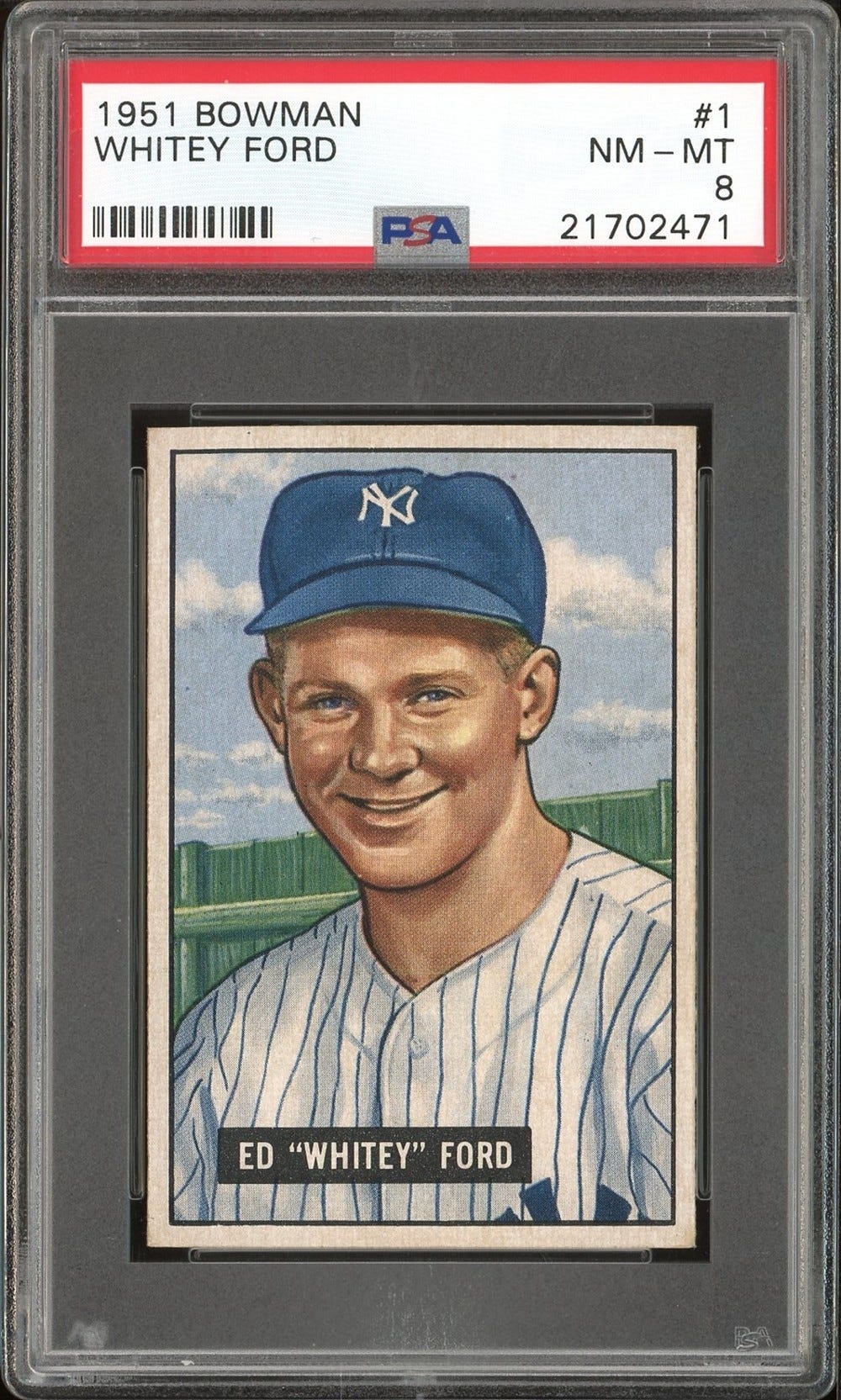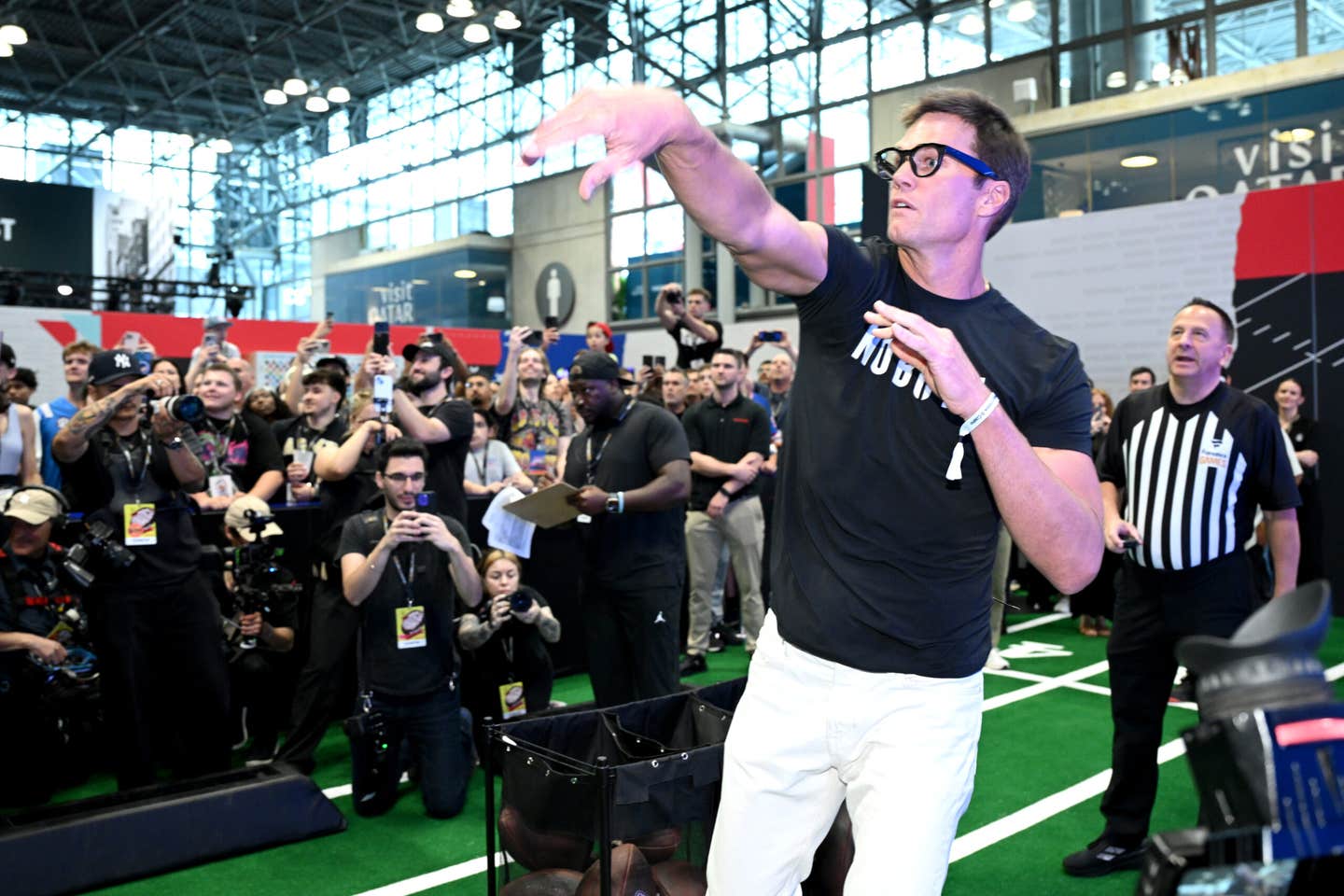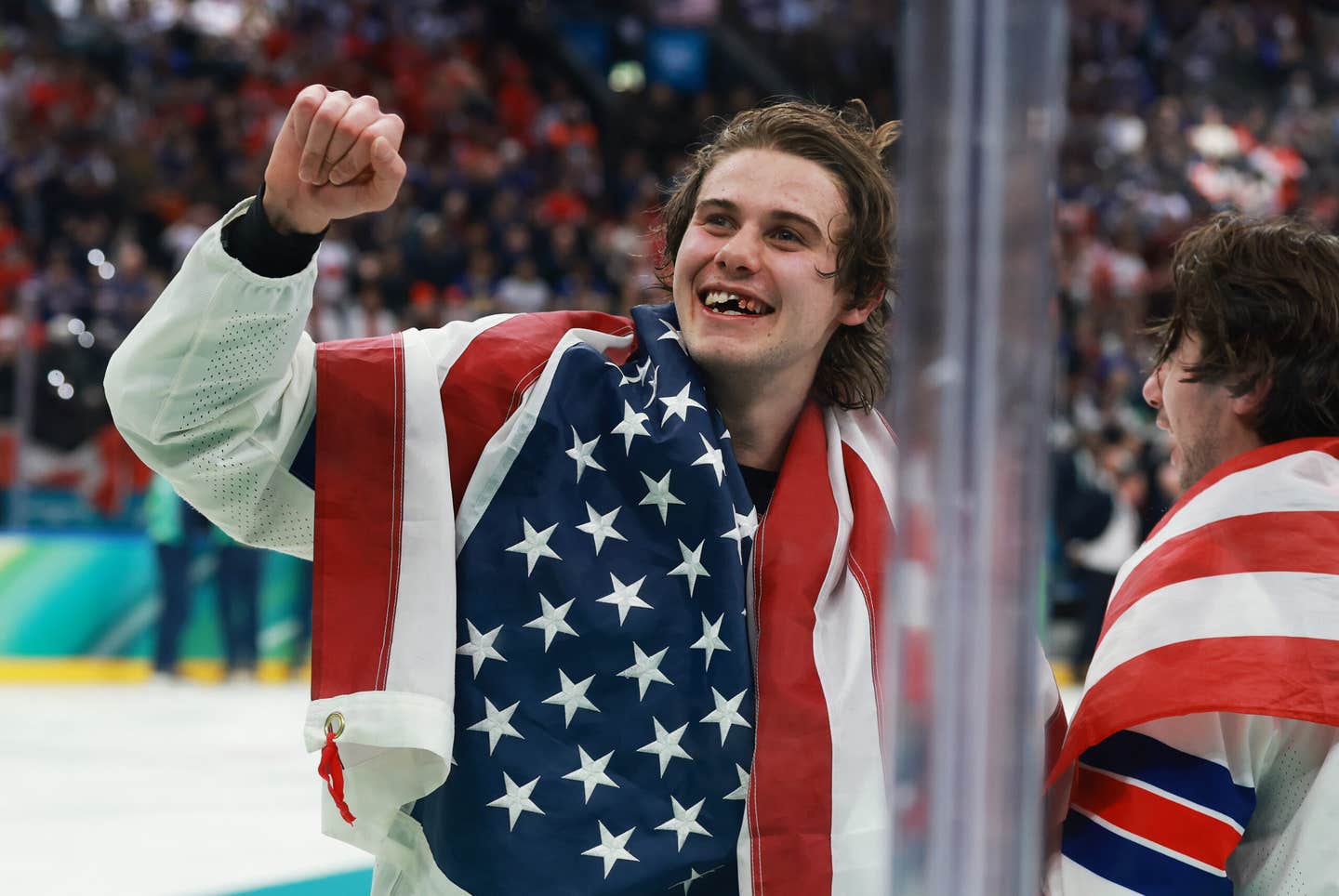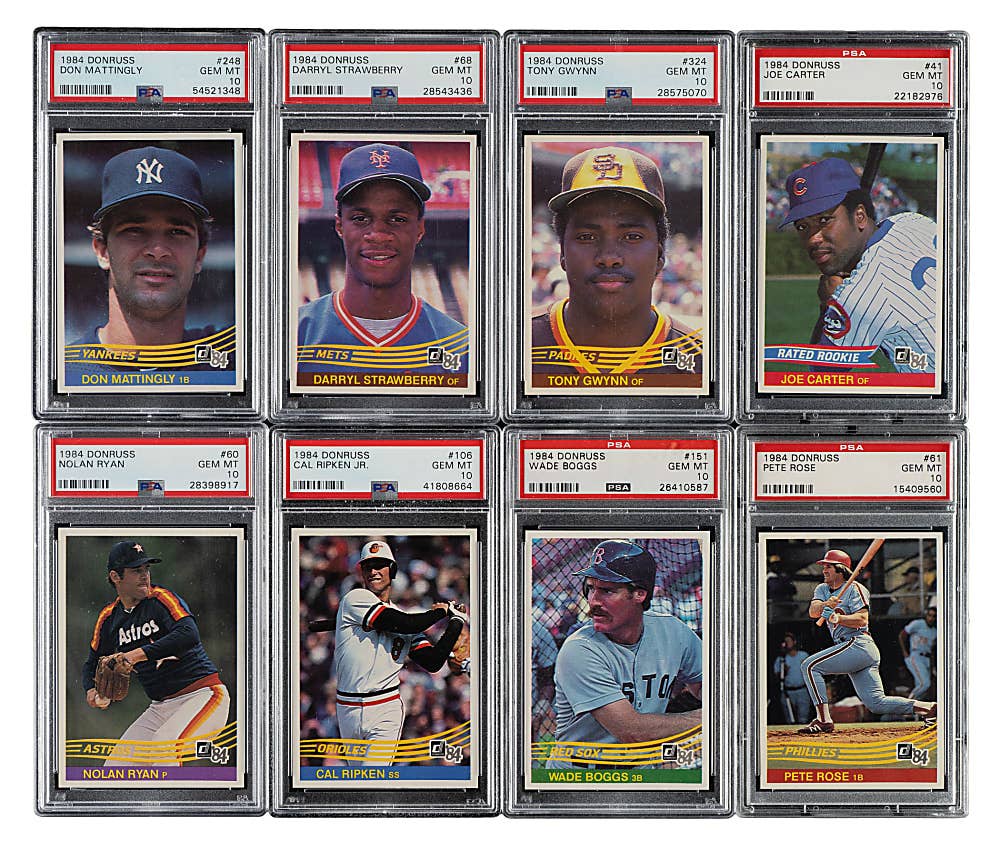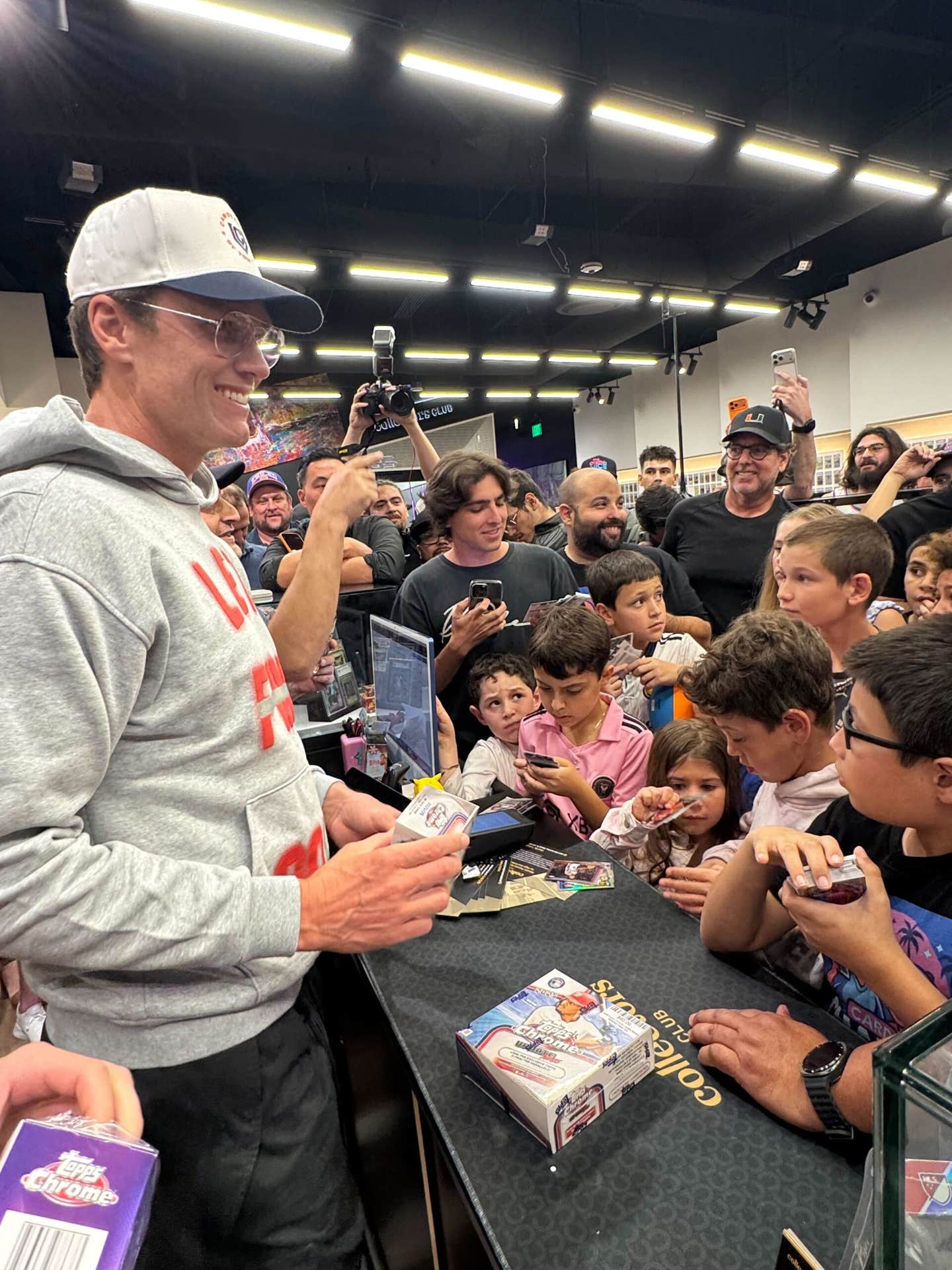News
Industry working to overcome tough economic times
The nation’s economic picture is still a major concern to all levels of the sports collectibles industry, but that did not prevent the majority of attendees of this year’s Hawaii Trade Conference/Mainland Edition from leaving Phoenix with a good feeling about where the short-term future of the industry is headed.
Granted, the industry rarely leaves the conference with a negative outlook on the market, and the traditional questions about how the hobby can attract more collectors continue to linger. But this year’s specific areas of concern among most hobby retailers – including demands for improved customer service from manufacturers, better and more consistent product content and rising price points – are things most manufacturers have either started taking steps to improve or announced programs aimed at correcting. As a result, there was a feeling this year’s primary areas of concern will perhaps be easier to correct than the grievances presented at previous conferences.
The conference’s second visit to the mainland after a 21-year run in Honolulu attracted 306 registrants. Included in that group were 128 hobby retailers, 23 of whom were first-time attendees. Those kinds of numbers left event organizers very happy.
“We were very pleased with the overall turnout and the level of cooperation the industry continues to display at the conference,” said Dean Listle, sports group publisher for F+W Publications. “The manufacturers and licensors continue to make this event special with their presence and their various event sponsorships. The volume of retailers make this a valuable event for the manufacturers and licensors. We had a strong turnout of first-time attendees, as well, which was one of our primary goals in moving the event to the mainland.”
Survival mentality
One of the frequent themes that was heard through the various speakers and panel discussions was the notion that in tough economic times, individual hobby dealers must get more creative and innovative to grow their businesses.
Todd McFarlane, owner of McFarlane Toys (the company that produces the McFarlane Sports Picks line of collectible action figures) had some simple advice for sports collectible retailers looking for a survival strategy: Don’t wait for somebody else to come along and fix your problems. Do it yourself.
McFarlane urged retailers not to wait for licensors or any manufacturers to wave a magic wand and fix all the struggles of the collectibles marketplace. “Each one of those leagues and unions has to think of it on a national level,” he said. “How is a big conglomerate going to meet the needs of everybody? They can’t.
“Are you here because you want someone to tell you about the state of the industry? It’s incredibly mediocre. There it is, let’s move on. Given that there is no miracle pill here, I recommend you be your own cure.”
Steiner Sports chairman Brandon Steiner urged attendees to understand the importance of being able to adapt to the rapid pace of change in today’s society, while at the same time being aware of the many opportunities that are available to grow the industry.
In the opening speech of this year’s conference, Steiner pointed out the many advancements in technology that have taken place in the last 20 years and how those changes have affected consumer expectations. “The world is changing at a record pace,” Steiner said. “Are we, as an industry, responding at a record pace? If we’re not, we may be getting left behind.”
Steiner emphasized that responding to change also requires taking some risks, something that not all business people are willing to tackle. “Don’t wake up every day being content with the status quo,” he said. “When it comes to being a leader of change, a lot people wait for someone else to take the ball and run. Don’t allow the fact that you’re a small retailer or a small company get in the way.”
Steiner said there are many examples of good leadership in the sports collectibles industry, but he noted that too many individuals focus on the short term by focusing on making deals rather than creating opportunities that can make a difference, now and later. He pointed out that even small opportunities to grow a business should be seized because they can lead to bigger opportunities. “A big rock always looks more powerful than a little rock, but sometimes you can build something very big by using a lot of little rocks,” Steiner said.
Retailers must get creative
Hobby retailers participating in a panel discussion at the conference also urged their peers to be aggressive and creative if they want to remain a viable business.
Wayne Wagner of Wayne’s Sports Cards in Edmonton, Canada, said hobby stores need to be an event center. His business holds Saturday events, many of them aimed at kids. “You can sell all kinds of things for kids,” Wagner said. “Make an effort, talk to them and interact. If you pay attention to kids and treat them with respect, they can’t wait to come back.” He noted that if kids want to come back, their parents will follow, and soon it becomes a family atmosphere.
Mike Fruitman of Mike’s Stadium Sportscards in Denver, said one of the ways he’s attracting more customers is by turning his store into a party center with weekly drawings and giveaways. He also keeps his customers informed on new product releases and store updates through a weekly newsletter.
Rob Vandorick of All-Star Baseball in Henderson, Nev., said success boils down to three things: knowledge, organization and putting a positive spin on everything associated with your store. “If you can’t look like an expert to them, why would they come back?” Vandorick said.
Virginia retailer Jeff Prillaman said diversity and change are keys to hobby shop success. Diversity refers to having enough product lines to attract a wide audience, while change could be as simple as switching around product in a store to make it look fresh.
“Once we get them into the store, we can convert them to card collectors,” Prillaman said. “We have the ability to make changes instantly; make them see things they haven’t seen before.”
Another key to bringing in customers is conducting in-store promotions. Wagner uses Pack Wars events to attract customers, and he conducts an annual golf tournament for his customers. He’s also enjoyed success hosting charity events that benefit his business and local charities. Vandorick has hosted in-store versions of game shows, such as “Deal or No Deal.” Prillaman said promotions that have worked in his shop include birthday parties, father/son trivia nights and after-school programs, something that has blossomed into schools actually bringing him in during history classes to talk about the history of baseball cards.
Victor Shaffer, president of tennis card manufacturer Ace Authentic and whose roots in the card business date back to the days of Pro Set in the early 1990s, offered his thoughts on the overall mood of the conference.
“Despite the fact that some folks have had a rough start to the year, it wasn’t a doom-and-gloom mentality,” Shaffer said. “There was optimism and enthusiasm.”
Scott Kelnhofer is the editor of Card Trade magazine, a trade journal for the sports collectibles industry. He’s also the host of Sports Collecting Radio, which can be heard on SportsCollectorsDigest.com.



